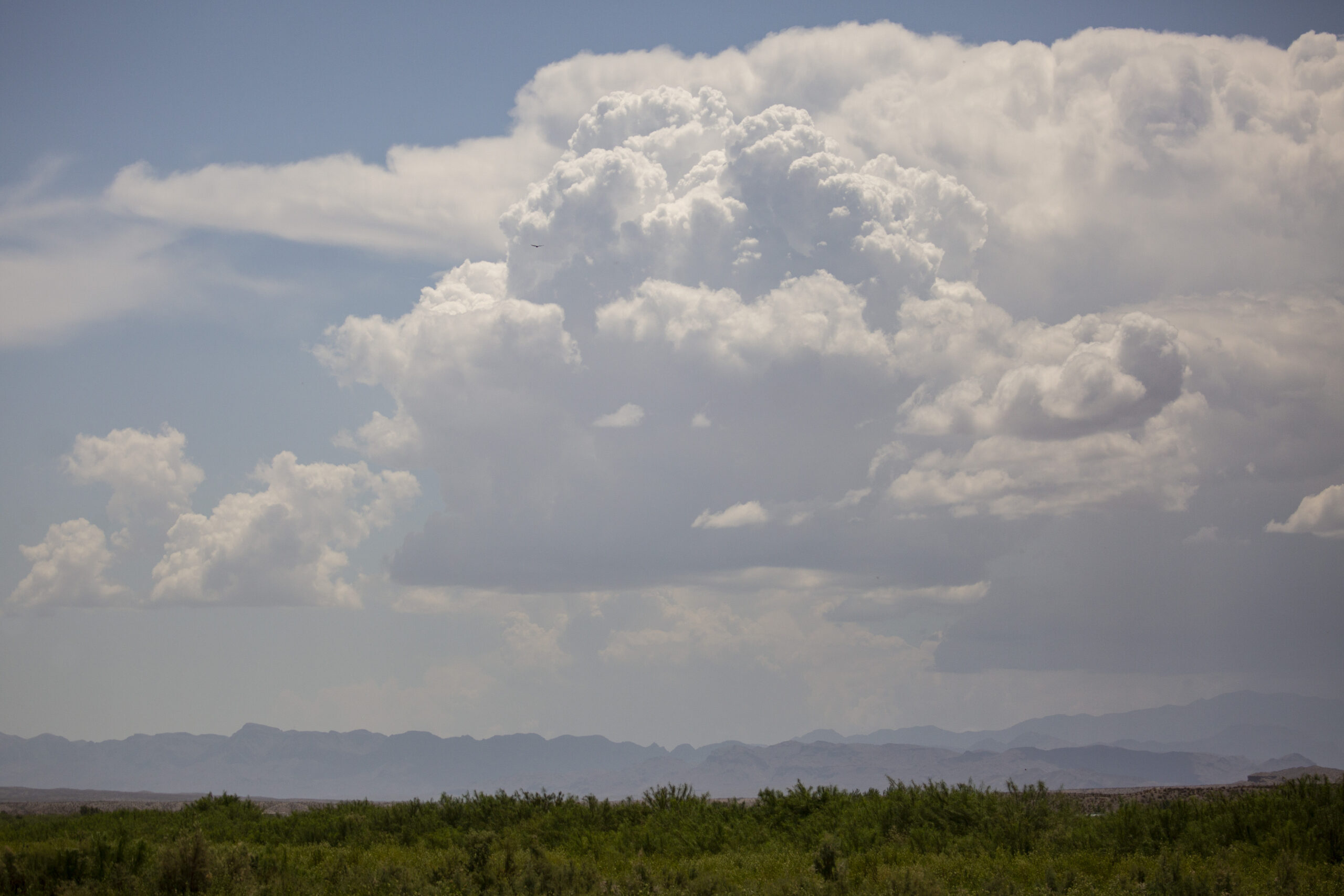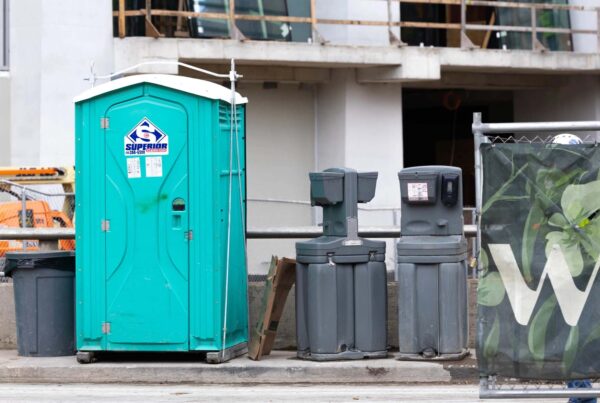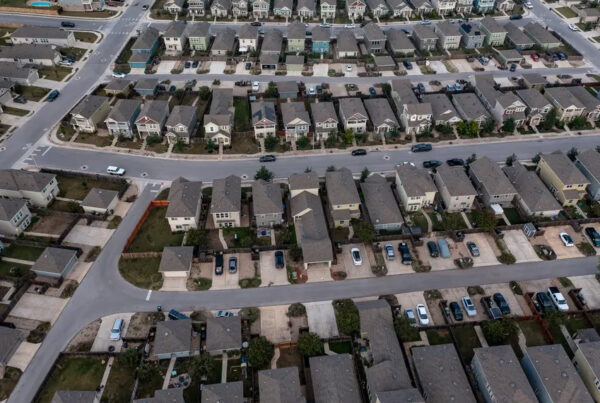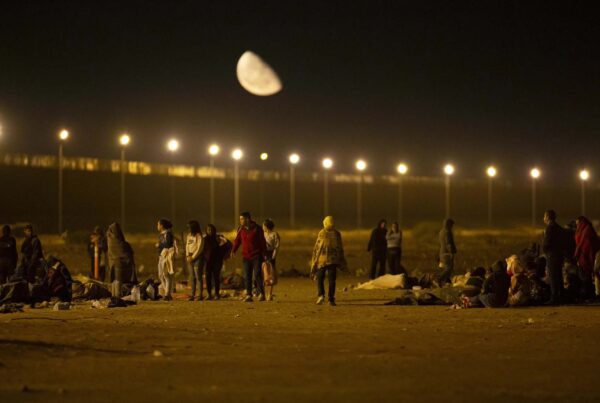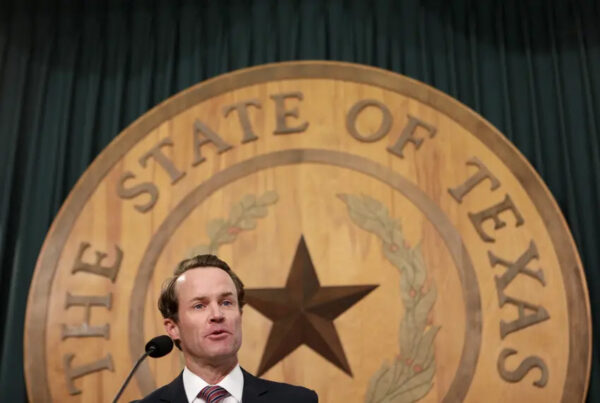Living in and around the Big Bend comes with some pretty big perks. The area is beautiful and offers peaceful living off the beaten path.
But life in remote Texas also comes with drawbacks, including limited resources for health care.
With a hospital district and new health facilities built over the years, far West Texas has chipped away at this problem – providing access to medical treatment. But often overlooked is the need for mental and behavioral health care.
Rob D’Amico has reporting on this for the Big Bend Sentinel. He said the tri-county area of Presidio, Brewster and Jeff Davis counties are classified as underserved for health services by the state.
“That means per thousand people, there’s not enough mental health care providers available,” he said. “That’s not unique to the Big Bend. Pretty much every rural county in Texas is designated like that. But it’s still a problem.”
D’Amico said the Big Bend area has a good system to refer folks to mental health services.
“But then there’s this bottleneck where they go to refer them to usually a licensed professional counselor, and then it’s hard to schedule because there’s not enough of them, there’s not enough Spanish-speaking LPCs,” he said. “And so there’s this bottleneck when they get to that point. So that’s one of the things they’re trying to solve.”
One positive in recent years has been the explosion of telehealth, which expanded access to folks who don’t live within easy driving distance of a mental health professional.
“The problem, though, is that not everyone responds to that type of counseling the same, or they have limited technology,” D’Amico said. “So they try to solve that too, by having facilities like health clinics that have rooms where people can go in and have privacy and do these sessions remotely, but there is a shortage of space.
But for instance, Terlingua doesn’t have that available. And that’s like the most remote part of the Big Bend, where you really need that and it’s not available.”
D’Amico said the Big Bend Sentinel has put together a list of resources so people can know where to go when they need help. The project was partially funded by the Presidio Community Fund, he said.
Going forward, he said the key is going to be getting more mental health care providers to settle in the area.
“There’s one psychiatrist that serves a specialized population, so there’s no other psychiatrist, there’s no psychologist, there’s no inpatient facilities,” he said. “If you have a severe psychiatric event and you need to actually be somewhere where you don’t hurt yourself or someone else, there’s nothing.
So officers or justices of the peace and medical professionals have to drive to San Angelo, Midland, Odessa, El Paso, sometimes even farther. So that’s something that I’m not seeing any movement on. But where we are seeing movement is getting more people to live in the Big Bend that are LPCs in particular.”
This is an effort the state of Texas is helping with, when it comes to policy.
“The state of Texas has provided funding for students who are going into the mental health care profession to go to school tuition-free. Essentially the only stipulation is that once they graduate or they’re near graduation, that they commit to working a certain number of years in one of these underserved areas, usually the rural areas,” D’Amico said.
“And there’s also a fellows program through Texas Tech where they’re paying people to come down and work in health clinics alongside current LPCs to get that mentorship they need to eventually start providing that mental health care in the Big Bend. And the hope, of course, is that they stay there.”


